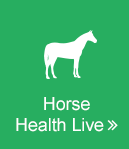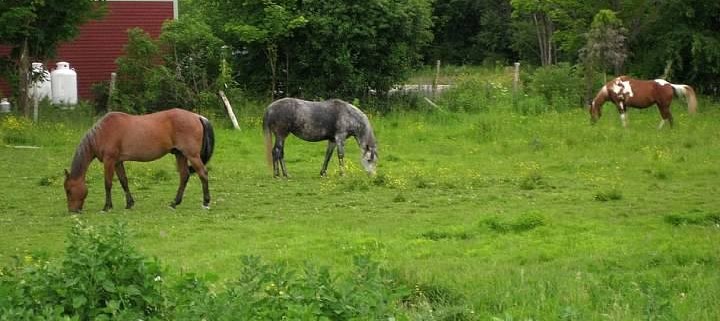Vitamin E Deficiency in Horses
Vitamin E is an essential vitamin for horses, which means it must be part of their diet in order for your horse to maintain optimal health. Because Vitamin E is an antioxidant, it plays an important role in protecting cells from oxidative damage. Oxidative stress can harm cell membranes, cardiovascular health, the immune system, vision, neurological function and fertility. Signs that your horse is deficient in Vitamin E include muscle weakness, heart dysfunction and neurological problems such as gait abnormalities. Reproduction problems can also be caused by lack of vitamin E.
The National Research Council recommends that adult horses receive 50 – 80 IU of Vitamin E per kilogram of food. Vitamin E is produced by plants so horses usually get their Vitamin E from hay and pasture, but it can also be found in vegetable oils and seed oils. Lush green forages, especially alfalfa, are commonly rich in vitamin E, but the vitamin E content degrades as the plant matures or while hay is stored. Providing your horse with a healthy multi-vitamin or vitamin E supplement is a great way to ensure that your horse is receiving all of the vitamins they need in appropriately balanced levels.
Studies
The selenium and vitamin E status of horses in Prince Edward Island.
Severe diaphragmatic necrosis in 4 horses with degenerative myopathy.


